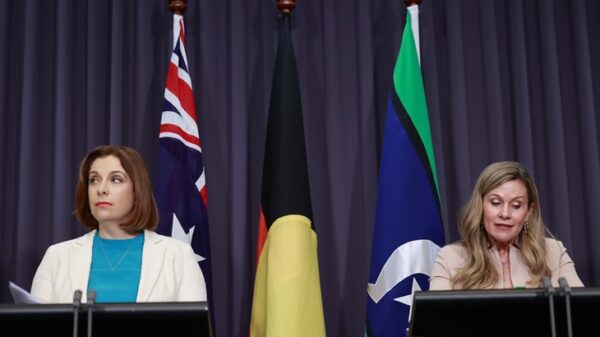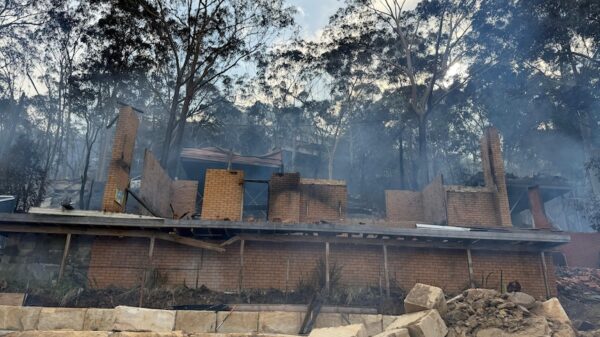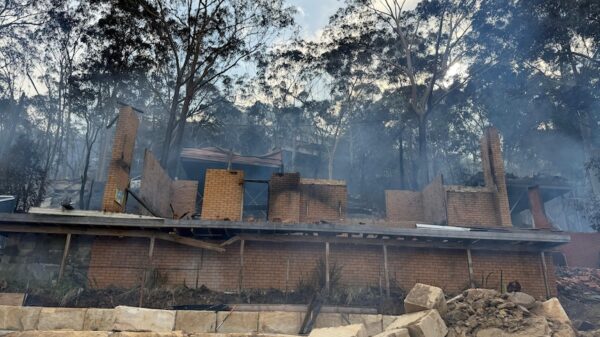A recent study underscores a pressing reality: the world has only three years to avert the most severe impacts of climate change. The findings highlight a critical need for immediate action from governments worldwide, particularly in light of the upcoming COP30 climate conference, which is set to take place later this year.
As the planet warms at an unprecedented rate, the effects of climate change are disproportionately felt in regions like Africa. Extreme weather conditions are wreaking havoc on lives and livelihoods, yet responses from global governments have been notably sluggish. Every nation that is a member of the United Nations was expected to submit updated national climate plans by February 2024. These plans, known as Nationally Determined Contributions (NDCs), are essential in outlining how countries will reduce greenhouse gas emissions to meet the legally binding goals of the Paris Agreement.
To date, only 25 countries, which collectively account for approximately 20% of global emissions, have submitted their NDCs. Among them are Somalia, Zambia, and Zimbabwe, leaving 172 countries yet to present their plans. These contributions are crucial not only for setting immediate climate goals but also for informing broader policy decisions and investments that can lift millions out of poverty.
The report detailing these findings, led by climate scientist Piers Forster, provides a comprehensive overview of the global climate system. It measures net greenhouse gas emissions, atmospheric concentrations, temperature changes, and the associated impacts of extreme weather events. Alarmingly, human-caused global warming reached 1.36°C in 2024, pushing average global temperatures to 1.52°C. This signifies that significant climate impacts are already unavoidable.
The situation is dire; continued high levels of greenhouse gas emissions are sharply depleting the remaining carbon budget—essentially the amount of greenhouse gases that can still be emitted before surpassing the 1.5°C threshold. Current projections indicate that this budget will be exhausted in less than three years unless substantial changes are made.
Intensifying climate extremes are not just environmental concerns; they pose long-term risks to economies and human well-being. The African continent faces its most severe climate crisis in over a decade, emphasizing the urgent need for effective climate action. Despite the critical nature of climate data, decision-makers often lag in responding to emerging threats, contrasting sharply with their swift reactions to economic downturns.
Looking ahead, it is imperative that leaders worldwide confront the harsh realities of climate science. Governments must gain rapid access to reliable climate data to develop updated national plans that reflect a global perspective. Developed nations, in particular, need to acknowledge their historical emissions and take the lead in implementing ambitious strategies to mitigate climate change while providing financial support to developing countries.
In September, the United Nations will host the UNFCCC Climate Week in Addis Ababa. This event will focus on preparing for COP30 and addressing climate finance to ensure a just transition to net-zero emissions by 2050. The summit aims to assist countries still drafting their climate plans, as effective implementation of NDCs is essential for slowing climate change.
Only five of the G20 countries have submitted their climate plans for 2035: Canada, Brazil, Japan, the United States, and the United Kingdom. Given that the G20 accounts for around 80% of global emissions, the leadership of nations like South Africa, which currently holds the G20 presidency, will be crucial in prioritizing efforts to finance a transition to a low-carbon economy.
The report also reveals that only 10 updated NDCs have reaffirmed or strengthened commitments to move away from fossil fuels. The climate plans of major players such as the European Union, China, and India will be critical in determining the future trajectory of global climate leadership and maintaining the 1.5°C goal outlined in the Paris Agreement.
As nations prepare for COP30, there is a collective hope that ambitious and credible climate plans will be submitted ahead of the conference. Closing the gap between acknowledging the climate crisis and taking decisive action is essential. Every ton of greenhouse gas emissions matters, and the upcoming years will be pivotal in shaping the future of the planet.






























































